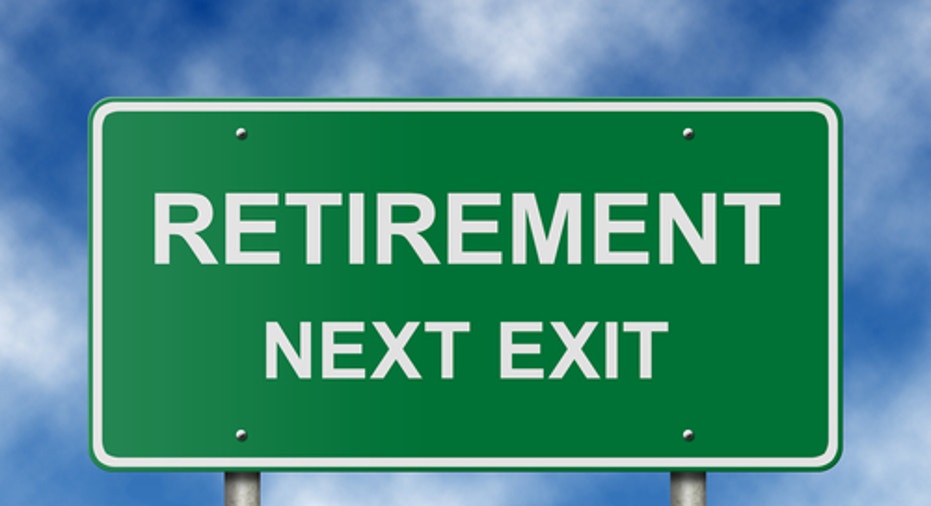Out of School, in a Job and Ready to Invest

Dear Dr. Don, I am 23 years old, graduated from college last year and am working in a professional position. I have my retirement accounts fully funded, but I am starting to accumulate a lot of cash. What financial instruments should I use to start my portfolio, and how would you recommend that I develop an investing plan for my future?
Thanks! -- Chelsea Career-Girl
Dear Chelsea, Graduated with a professional job is a great place for a 23-year-old to be. It's great that you've been able to fully fund your retirement accounts. I have to ask if you mean just your employer's 401(k) or 403(b) plan, or if you're including contributions to an individual retirement account as well?
Contributing to an employer's plan limits your ability to make tax-advantaged contributions to a traditional IRA, but you can always make after-tax contributions to a traditional IRA and then convert them to a Roth IRA. Or if you're able, based on your adjusted gross income, you could contribute directly to a Roth IRA.
I'm sure that at 23, you have other life goals besides saving for retirement. Spend some time thinking through what those goals are, and decide how best to invest toward those goals. You can tap IRAs for up to $10,000 to buy a first home and not owe the 10% penalty tax on the distribution. (However, the investment earnings of Roth IRAs that haven't "seasoned" for five years may be subject to income tax.) Other goals may have a much shorter investment horizon.
If you still have discretionary income available for investing, then I'd suggest that you open a taxable investment account. Your choices are between holding the account with a brokerage firm, a bank, or a mutual fund family. The lines are a little fuzzy, meaning a brokerage firm can have a banking arm as easily as a bank can have a brokerage arm.
What's key is the availability of the investment products you want to invest in, and being able to keep the annual fees and expenses low. You're choosing between investing in bank accounts; individual stocks; individual bonds; or mutual funds and exchange-traded funds, or ETFs, which invest in stocks, bonds or other products such as commodities.
The typical retirement account has you investing in mutual funds that invest in stocks and bonds. You should have an emergency fund of three to six months' worth of expenses invested in a liquid bank account, such as a money market account. That leaves me suggesting a taxable brokerage account for your non-tax-advantaged investments. I'd lean toward a low-cost discount brokerage firm with a Web presence.
If you're not comfortable making investing choices on a do-it-yourself basis, then I'd suggest that you work with a financial planning professional. I typically recommend that you choose a fee-only provider, as opposed to one who would be earning a commission.
Bankrate's content, including the guidance of its advice-and-expert columns and this website, is intended only to assist you with financial decisions. The content is broad in scope and does not consider your personal financial situation. Bankrate recommends that you seek the advice of advisers who are fully aware of your individual circumstances before making any final decisions or implementing any financial strategy. Please remember that your use of this website is governed by Bankrate's Terms of Use.



















